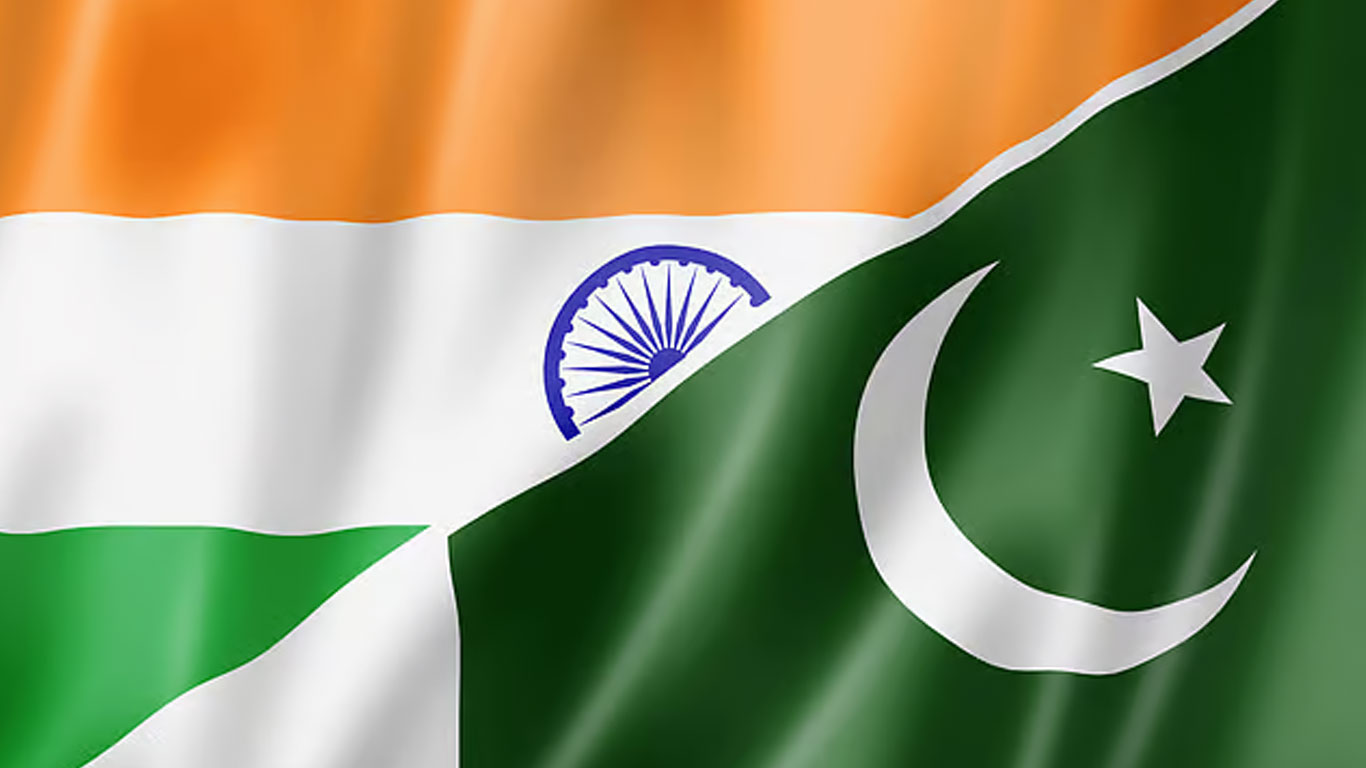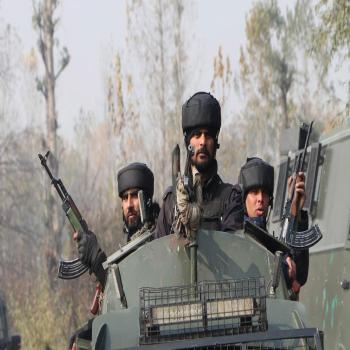In a move that could dramatically escalate tensions in South Asia, India has suspended the Indus Waters Treaty with Pakistan, as per multiple Indian media reports.
The decision comes following a terrorist attack in Pahalgam, Kashmir, in which 26 Indian tourists were killed — an incident for which India blames Pakistan.
What India has announced
- Indus Waters Treaty suspended: The treaty, signed in 1960 and brokered by the World Bank, is no longer in effect, according to Indian officials.
- Wagah border closure: After shutting down the Attari checkpoint, India is preparing to close the Wagah Border, halting people-to-people contact.
- Reduction in diplomatic staff: Pakistan\'s diplomatic staff in New Delhi will be reduced from 55 to 30. India too will recall its own military experts — Defense, Navy, Air — from Islamabad.
- No more visas: India will not issue any visas to Pakistani nationals. Even regional SAARC visas have been revoked.
- 48-hour deadline for Pakistanis: All Pakistani nationals currently in India have been ordered to leave the country within 48 hours.
What is the Indus Waters Treaty between India and Pakistan?
The Indus Waters Treaty is an important water-sharing treaty between India and Pakistan that was agreed upon in September 1960 after decades of talks, with the World Bank acting as a mediator. The treaty was signed in Karachi by Indian Prime Minister Jawaharlal Nehru and Pakistan\'s then-head of state, General Ayub Khan.
Notwithstanding the decades-long political strains, conflicts, and disagreements, the treaty has endured for more than 62 years. It is celebrated as one of the most successful pacts between the two countries. It was once referred to by former Indian Water Resources Minister Saifuddin Soz as the most significant agreement in their history.
<iframe title="\"YouTube" src="https://www.aiknewshd.tv/eadmin/\"https:/www.youtube.com/embed/LXcdhWxsMM4?si=9Sai9ap4czD-keFr\"" width="\"560\"" height="\"315\"" frameborder="\"0\"" allowfullscreen="allowfullscreen">
In accordance with the treaty, the Indus, Jhelum, and Chenab rivers in the west were demarcated to Pakistan, to which it has access to 80% of their water. India has a right to utilise the water from these rivers to generate power but cannot store the water or noticeably change its direction.
Control of the Ravi, Beas, and Sutlej rivers in the east was demarcated to India, to which it has the right to utilise projects on the rivers without protesting from Pakistan. This treaty is a cornerstone of water resources management between the two nations and has been extraordinarily resilient in spite of continuing challenges.
Global concerns
With nuclear-armed neighbors on high alert, global observers are calling on both nations to exercise restraint. The world holds its breath as diplomatic bridges are destroyed and regional peace is in the balance.






